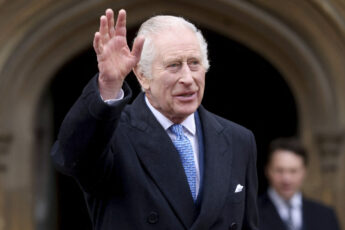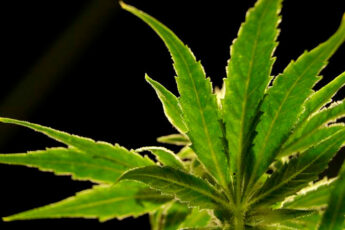Cape Town, a picturesque city known for its natural beauty and vibrant culture, found itself enveloped in an unpleasant dilemma recently as a pungent stench permeated the air, leaving residents and authorities puzzled. The source of this foul odor, as it turned out, was not an ordinary culprit but rather an unexpected one – a ship docked in the harbor carrying a staggering 19,000 live cattle from Brazil destined for Iraq.
The ordeal began when complaints started flooding in, prompting city officials in Cape Town to launch a thorough investigation on Monday. Concerns were raised about potential sewage leaks or environmental hazards, leading to inspections of sewage facilities and the activation of an environmental health team. However, despite the diligent efforts, the origin of the odor remained elusive until it was traced back to the massive vessel harbored in the port.
The revelation sparked widespread astonishment and debate among residents and officials alike. The sheer scale of the operation, with thousands of cattle confined within the confines of the ship, raised questions about animal welfare, transportation logistics, and environmental implications. While the shipping of livestock is not uncommon, the magnitude of this particular endeavor drew significant attention and scrutiny.
The incident shed light on the complexities and controversies surrounding the global trade in live animals. Livestock transportation, especially over long distances, poses various challenges ranging from animal welfare concerns to environmental impacts. The cramped conditions aboard the ship, coupled with the prolonged journey from Brazil to Iraq, raised serious ethical questions about the treatment of the cattle and the conditions they endure during transit.
Furthermore, the incident underscored the interconnectedness of environmental and public health issues. The sudden emergence of the foul odor not only disrupted the tranquility of Cape Town but also prompted concerns about potential health risks associated with exposure to such odorous emissions. As cities grapple with urban development and industrial activities, the need to balance economic interests with environmental sustainability and public well-being becomes increasingly paramount.
In response to the uproar, authorities in Cape Town vowed to address the situation and ensure that measures are in place to prevent similar incidents in the future. Discussions were initiated with relevant stakeholders to explore ways to mitigate the impacts of livestock transportation on local communities and the environment. Calls for greater transparency and accountability in the livestock trade echoed across the city, signaling a growing demand for ethical and sustainable practices.
As the investigation into the incident continues, it serves as a poignant reminder of the intricate webs of commerce, environment, and society that shape our world. The episode in Cape Town serves as a wake-up call, urging us to reevaluate the systems and practices that govern global trade and to strive for a more equitable and conscientious approach that respects both human and animal welfare, as well as the delicate balance of our planet’s ecosystems.






